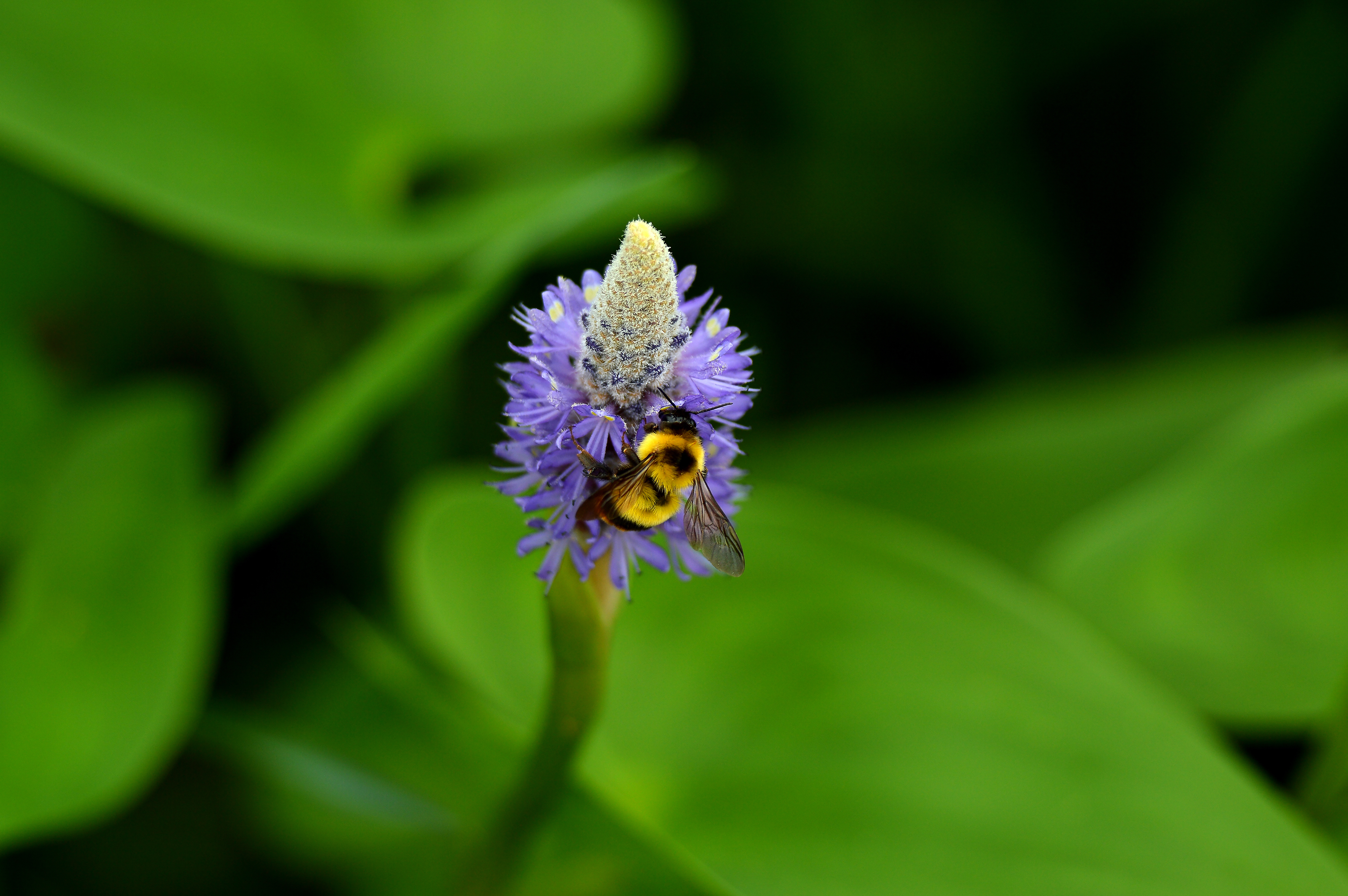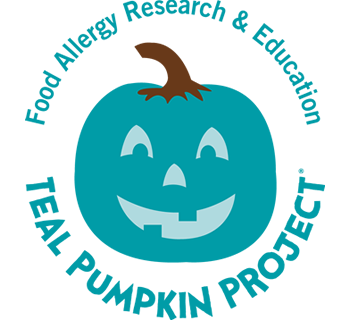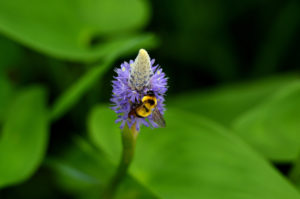
On my quest to find ways to have less of an impact on our planet, I came across a bees wax cloth that would replace plastic wrap. I thought this would be a fun project to do with the kids and also talk about why we need to take care of our bee population.
It is fairly known that humans are damaging the bee populations. If you would like to read a study, the Yale School of Forestry and Environmental Studies (2013) put a paper together discussing the depleting bee population stating, “One of every three bites of food eaten worldwide depends on pollinators, especially bees, for a successful harvest.” If you would like to read this paper click HERE: http://e360.yale.edu/features/declining_bee_populations_pose_a_threat_to_global_agriculture
CNN also did an interesting article about what we can do as adults to called ‘Bees are dying’ (2017) if you would like to read it HERE: http://www.cnn.com/2017/03/20/world/bees-eco-solutions/
On another interesting note, here is all the foods that depend heavily on bees to pollinate and therefore produce crops we enjoy. So if bees do not exist, our diets will dramatically change.
- Alfalfa
- Almonds
- Apples
- Asparagus
- Beans
- Beets
- Blackberries
- Blueberries
- Brussels sprouts
- Buckwheat
- Cabbage
- Cantaloupe
- Cauliflower
- Celery
- Cherries
- Chestnuts
- Chives
- Clover
- Cranberries
- Cucumber
- Currants
- Eggplant
- Flax
- Garlic
- Gooseberries
- Grapes
- Horseradish
- Kale
- Lettuce
- Mustard
- Onions
- Parsley
- Peaches
- Pears
- Plums
- Pumpkins
- Radishes
- Raspberries
- Rhubarb
- Squash
- Strawberries
- Sunflowers
- Sweet potatoes
- Turnip
- Watermelon
Here are a few interesting facts to discuss with your children-
-The U.S. Department of Agriculture estimates that bees pollinate 80% of the country’s insect crops—meaning bees pollinate over $20 billion worth of crops each year.
-Bees use Propolis (beehive glue) to keep their hive together but humans use it to fight off bacteria, viruses, and fungi. Research shows that propolis taken from a beehive may relieve cold sores, canker sores, sore throat, cavities, and even eczema.
–Honey has natural preservatives so that it won’t go bad.
– There are lots of different types of honey which taste different depending on the flowers used to make it.
– Honey is the only food to contain ‘pinocembrin’ that is an antioxidant that improves brain function.
While having our conversation, we set out to create a Reusable Beeswax Food Wrap. We used the instructions from the blog, Mommy Potamus and you can find the post HERE: https://www.mommypotamus.com/diy-reusable-food-wrap/
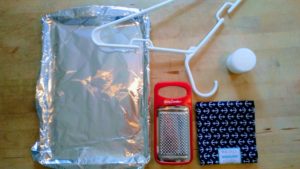
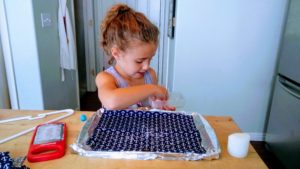


My Challenge to you: Have a discussion about bees and our planet. Point out how important each part of our ecosystem is and how dramatically it can change with one small missing part. Lastly, do something for your local bee population like plant wildflowers, reduce product use that have chemicals, and/or buy foods locally.
For more information on ways you can help, this is a nicely done article: http://www.cnn.com/2015/03/04/living/iyw-5-ways-to-help-bees/
Happy buzzzzzing friends!
– Jessie the Therapist
